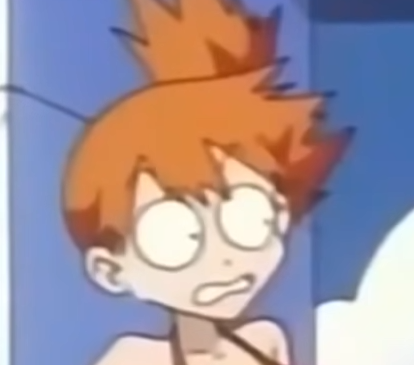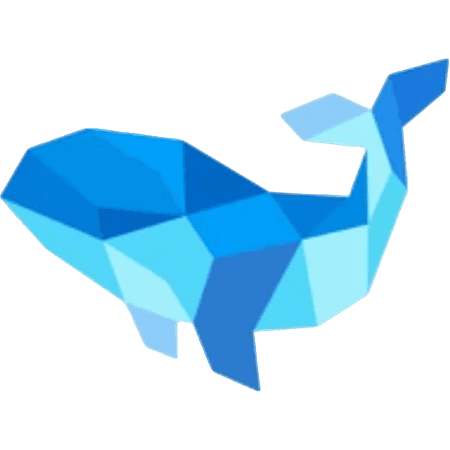If you want a clear definition, ask a mathematician:
A word is any written product of group elements and their inverses.
Or a computer scientist:
A word is a fixed-sized datum handled as a unit by the instruction set or the hardware of the processor.
Meanwhile, in Unicode land…
Maybe ironically, neither one would be appropriate as a linguistic definition.
Or, in either field (formal language theory bridges both) it can mean any string of symbols, letters, or tokens.
i wonder what the inverse of the letters in the english alphabet are. since it has a non-prime number of letters (26 to be exact), we know that some letters won’t have inverses. i wonder which letters don’t have inverses. i guess it would be pretty easy to find out if you use the standard alphabet ordering and then port the alphabet over to ℤ/26ℤ, but that’s not a particularly satisfying answer.
“word” is a four letter word
I think you’ll find that in actual fact “bird” is the word
That’s what I heard.
Don’t you know? About the bird?
Birds are not real, though, are they?
And it begins…probably be 2 days until I get the song out of my head
My body is ready!
Please, it’s w*rd, we want to keep this f*mily friendly
jst blck ll vwls t b* sf
Watch your l*nguage, my dear
Recursive
acronymsdefinitionsthat’s a bit wordy
And I love them for it. Seriously comfortable society is built on and by nerds.
Yeah I love it too. It was quite an interesting deep dive into that topic.
xnopyt
From which Tom Scott video is this ?
Thanks
Still even people new to writing have a good intuition about that but formalizing this intuition is a different story
As a linguist, I’d just shrug.
“everyone knows what a word is, that is the definion”
the cries of alien archaeologists from the far future echo in the distance
What IS a word?
vsauce music starts playing
“what” is a word, correct.
Saussure feelings
What is Truth and what is God?








